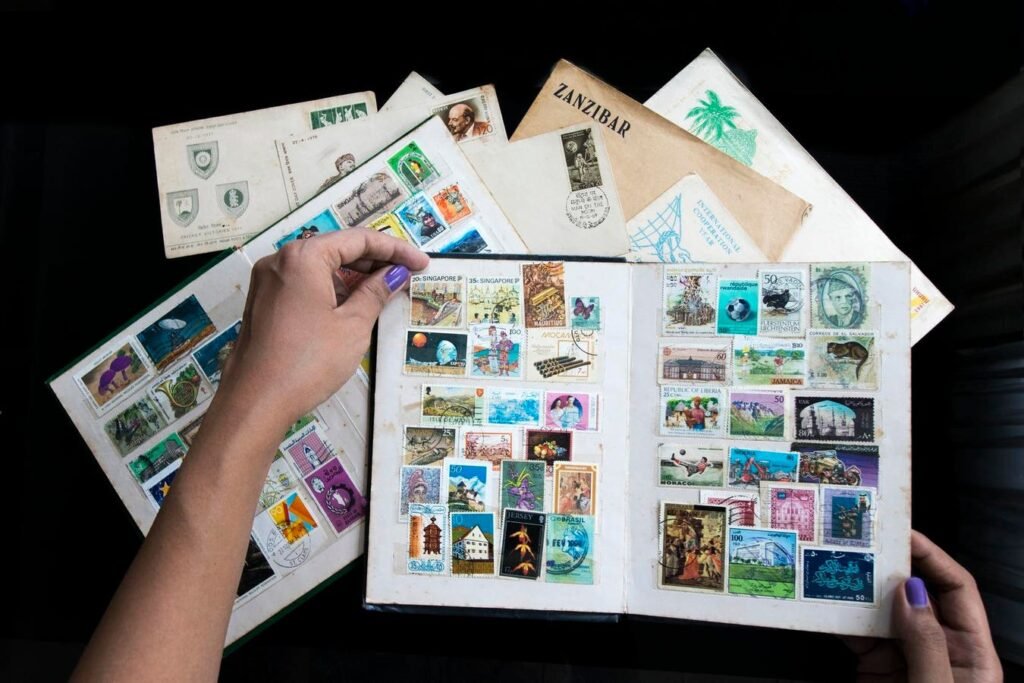A group of scammers involved in FBI impersonation and romance frauds have found a new way to launder their stolen funds: through collectible stamps. The real FBI recently revealed that it had seized 149 lots of collectible stamps from the Robert A. Siegel Auction Galleries, with three buyers from India purchasing nearly $1.4 million in stamps, $1 million of which was paid for with “criminal proceeds defrauded from identified victims.”
The scam typically starts with a fake government agent contacting a target, claiming that their bank accounts or personal data are in danger of being stolen, and convincing them to send their money to a safe account for temporary safekeeping by the agency. In some cases, the victims are told they are in legal trouble and need to pay up to avoid arrest. The scammers then direct the victims to send checks directly to the auction house’s bank account or to another victim, usually involved in a romance fraud scam, who will then forward the funds to the auction house, creating a layer of separation from the original fraud.
Scammers often use stolen funds to purchase valuable collectibles that have the potential to appreciate in value. When the items are sold later, money launderers can claim they were a legitimate investment, further distancing themselves from the original scam. In one example mentioned in the seizure warrant, a scammer impersonating an FTC official convinced a victim to send funds for safekeeping while facing charges of money laundering, fraud, and terrorism. The victim sent a check to a romance fraud victim, who then sent a separate check to the auction house.
The Department of Justice has not yet filed charges in relation to the investigation, and the FBI and DOJ have been working closely with the Robert A. Siegel Auction Galleries since the fraud was uncovered. The auction house president, Scott Trepel, hopes that the alleged perpetrators will be brought to justice and held accountable for their crimes through restitution to the victims. Romance and impersonation scams continue to be significant sources of revenue for cybercriminals, with law enforcement making progress in tracking down illicit funds. Interpol recently announced a global police operation that seized assets worth $257 million related to such scams, including cash, cryptocurrency, real estate, luxury cars, and high-value items and collections.
The use of collectible stamps in money laundering schemes highlights the evolving tactics of scammers to disguise their illicit activities. By using valuable assets that can appreciate in value, scammers are able to create the appearance of legitimate investments, making it more difficult for law enforcement to trace and recover stolen funds. As law enforcement agencies continue to crack down on cybercrime, scammers will likely continue to adapt their methods in an effort to avoid detection and prosecution.

